Guns, Germs, And Loans - The Pandemic And Bank Liquidity for UK PLC
Thursday, 04 February 2021By Amit Sharma
In the midst of a pandemic in which countries are competing with one another to boost stimulus into their financial systems, it is a strange time to start thinking of a potential liquidity crunch. But we are living in strange times, the current lockdown could be extended until the summer, our local mutation appears to be more dangerous than the original virus and unfortunately there is no end in sight.
In an excellent book by Charles Goodhart (Professor at LSE) and Manoj Pradhan, ‘The Great Demographic Reversal,’ they identified that following the onset of the pandemic, countries particularly in Europe and parts of Asia will see a massive increase in government indebtedness. This will be brought on by an ageing society leading to increased healthcare costs as people live longer, and at the same time there are fewer workers coming into the workforce and paying taxes. The only way to pay for this will be more and more debt, as set out in figures 1 & 2 below. It is arguable that these countries are transitioning from Developed to Post Pandemic Economies.
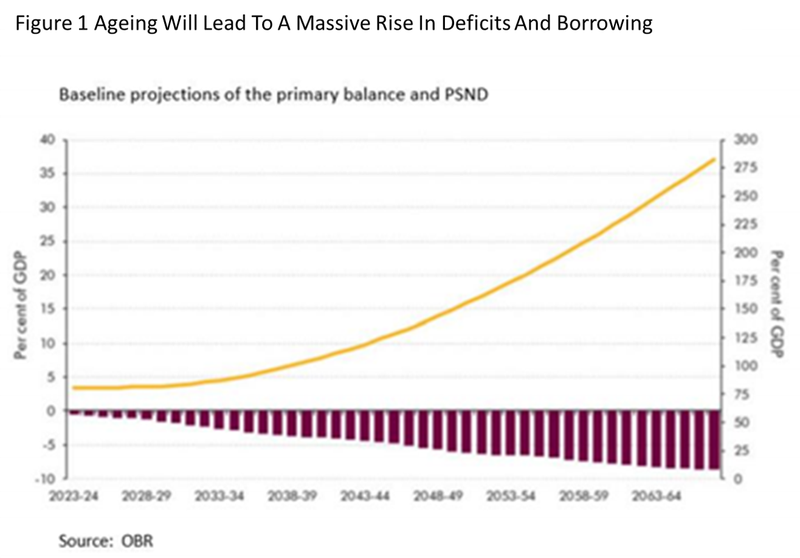
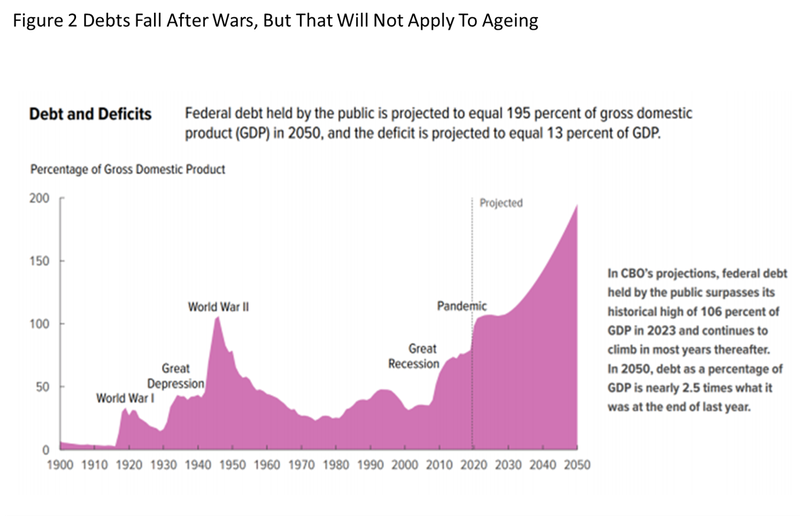
At the same time as this is going on, we are seeing a shift in the ranking of global economies. According to the World Bank andIMF we can expect to see a complete change at the top of the table, between 1992 and 2024, with Post Pandemic Economies being replaced by faster growing Asian countries. This trend is not new, but the pandemic has acted as a catalyst and the change in relative economic power of nations is happening much faster than we had previously expected.
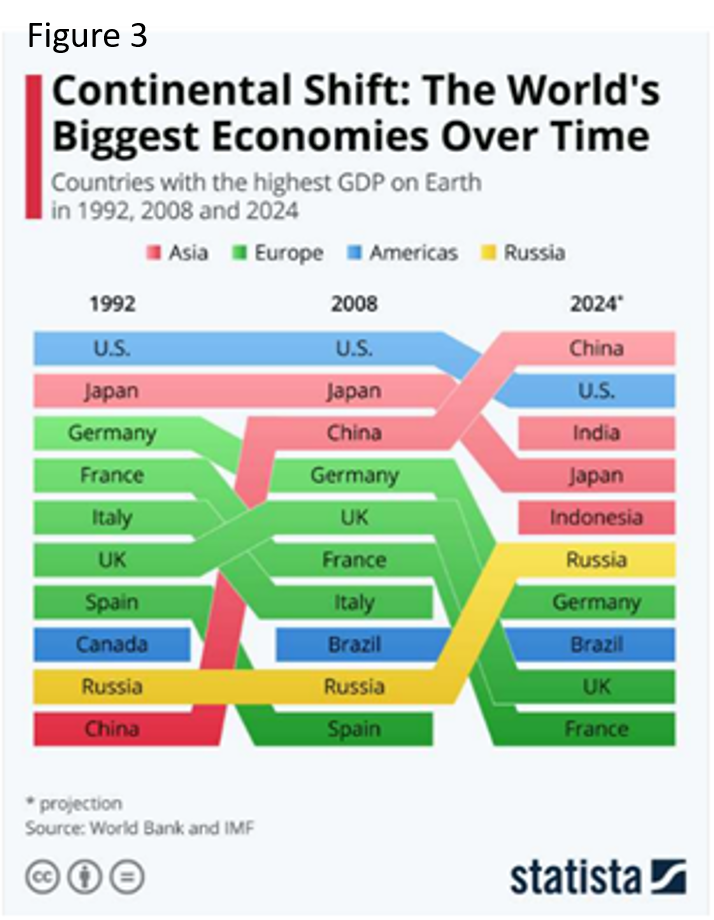
History shows us that a change in the order of world powers is rarely peaceful and the events that we saw in 1914/39 were not unique, but something that occurs fairly frequently in history- much like pandemics.
Unfortunately, in a connected world, there will be few hiding places. The next theatre of conflict is likely to be in the South China Sea and many commentators see this not an ‘if but a when’. It is therefore not a surprise that the best performing stock in the London listing over the last 10 years is Avon Rubber plc, a high-tech supplier of military and security equipment, which has seen a meteoric share price rise of 3,146% as military spending is up across the globe, increasing geopolitical risk.
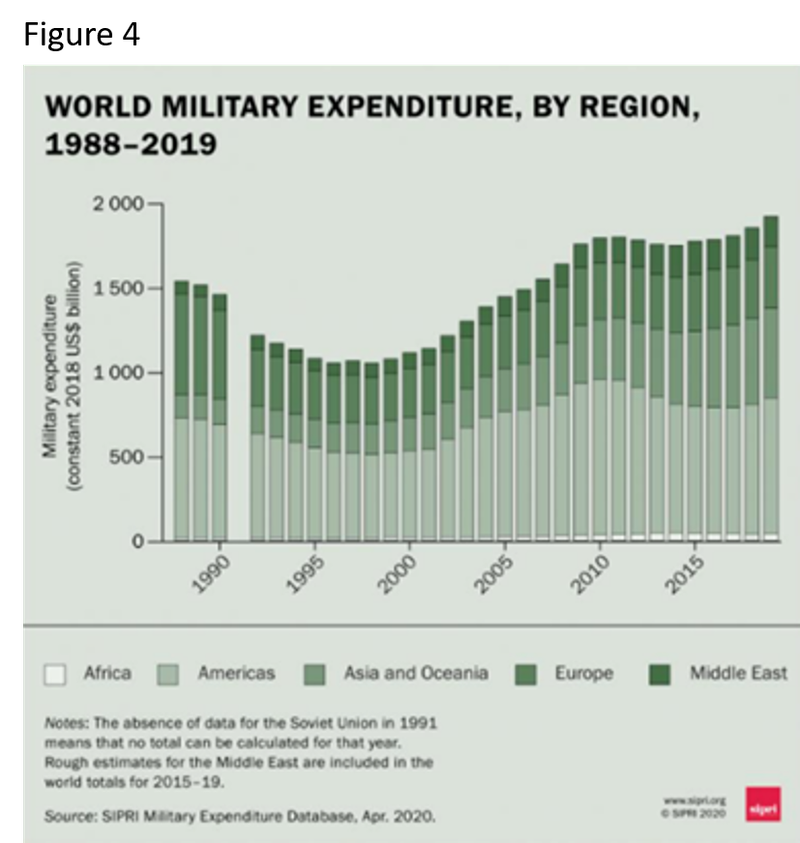
As a Corporate Treasurer, what does the demographic changes, increased sovereign debt and geopolitical risk mean and what should we thinking about going forwards?
Many of us having lived through the financial crisis will remember banks being bailed out (I was at RBS at the time), and a flood of stimulus supporting the financial system and allowing the economy to eventually get back on its feet. However, should another crisis occur in say 2024, whether financial, biological or otherwise, how able and financially strong will the Post Pandemic Economies be to deal with this? Not very is my concern…
The saving grace here is that UK/European Banks are currently in good financial health. High capital requirements imposed by successive Basel regimes, low NPL’s and a benign credit environment all help.
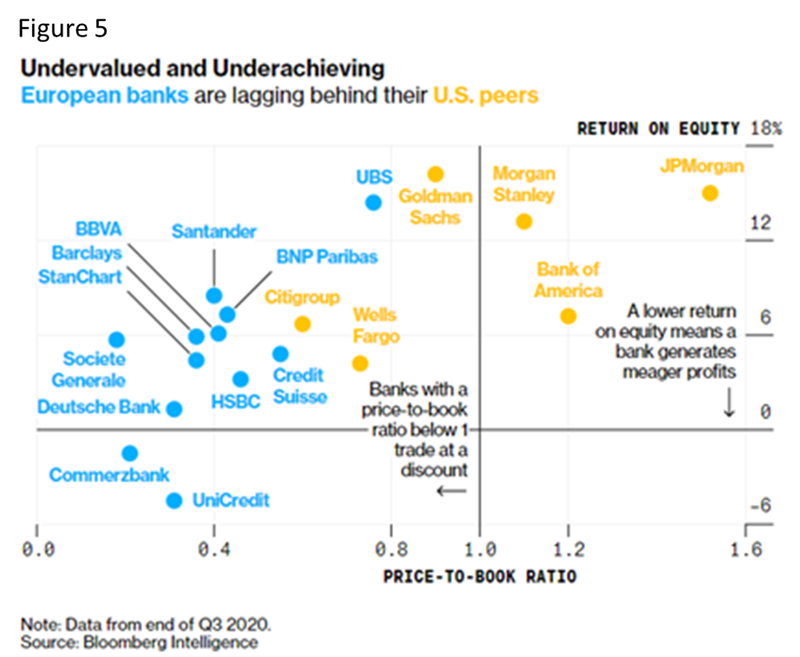
But, and this is a big but, the business model is not providing strong returns, a combination of very low interest rates, mispriced corporate loans and high fixed costs are resulting in low Return on Equity. Added to this, the real impact of the pandemic will only be felt once the state financial support finishes towards the middle/end of this year, after which we could and I expect to see restructuring teams to be as busy as they were during 2008/9, adding pressure to bank balance sheets, particularly in terms of capital allocation and recognition of loan provisions.
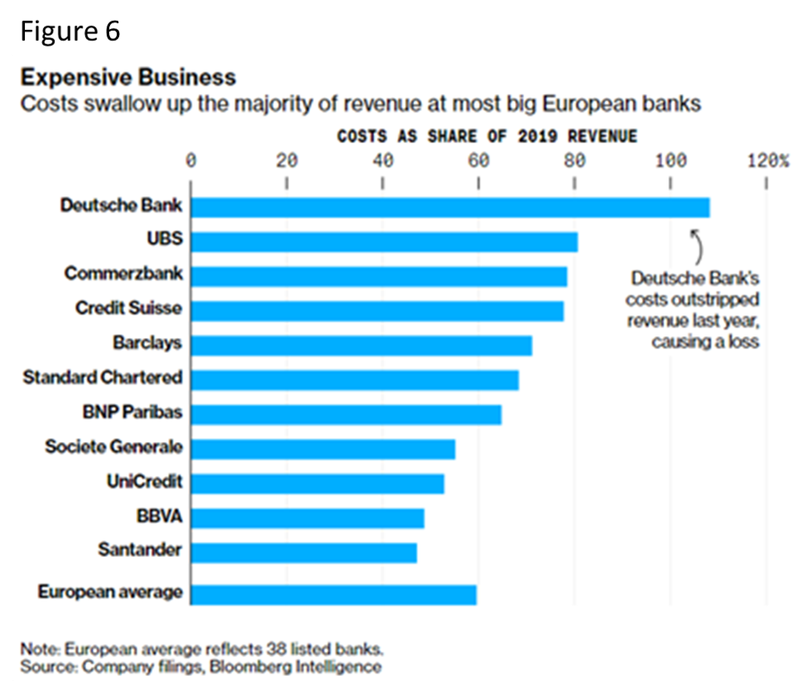
In this environment, the final chart below is perhaps the most concerning - it was recently shared by Mike Beadle at Numis - and illustrates the different behaviors between European and US corporates, the latter being heavily reliant on their deep Capital Markets, as compared to the Europeans who continue to rely on bank liquidity. Relationship lending, like a lockdown bar of chocolate, can be very comforting, but too much of it is not going to be good for your health.
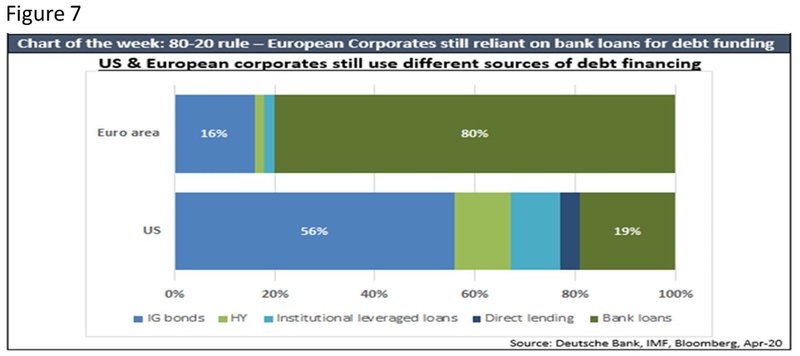
As we look forward in 2021, credit committees in Banks that are being asked to underwrite new 5-year facilities will need to consider who and how their commitments will be refinanced at maturity. Should another black swan event occur, will there by liquidity, will the bank market remain strong and, heaven forbid, can the stressed balance sheet of Post Pandemic Economies step in again, after the financial crisis and the pandemic? It is at this time that diversity of funding becomes increasingly important and tapping liquidity from a variety of sources and regions becomes critical.